If you enjoy this article, or any other content from this website, please subscribe to the newsletter. Your support can make a big difference!
Are you the type of traveller who gets anxious because you don't want to miss out?
I, for one, became notoriously known for dragging my fellow travel companions to see EVERY. SPOT. ON. MY. LIST. The result. More anxiety.
In recent years, I’ve come to realise more and more that travel is not about box-ticking.
Travel is about building relationships. And building relations takes time.
I've decided to pull the brakes on my travel anxiety and jump on the ‘slow travel’ bandwagon.
Slow travel is an approach to travel that emphasises connection: to local people, cultures, food and music.
Instead, my trips are focused more on reaching out to locals, while supporting local communities and the environment.
This is why cooking classes have become one of our favourite activities on our trips. I would like to share with you 11 reasons why you should book a cooking class on your next trip.
Cooking Class Styles
Before we get into it, let’s talk about the cooking class styles. Cooking classes come in different shapes and sizes.
We have done some very structured cooking classes that took place in a cooking school. But we have also done intimate cooking classes, in the homes of the hosting instructor. The experience at the instructor's home was more personal and fluid, whilst the experience at a cooking school was methodical and structured. Both were wonderful experiences. I wouldn’t choose one over the other. I would let other deciding factors guide you, such as:
- The location of the class
- The time and date of the class
- The size of the group
- The length of the course
- The price of the course
- The ratings of the course
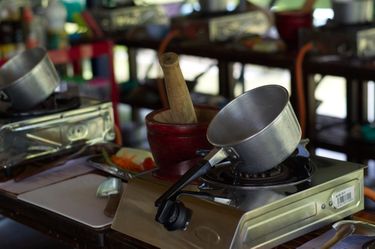
Another aspect, you will want to consider is whether the cooking class involves a trip to the local market. Honestly, I cannot recommend it enough, especially if you love exploring local markets. Not only do you get to recognise what ingredients are a staple to the place you’re visiting; you also get to observe the dynamics of local buyers as they haggle for a better deal, as well as the seller’s techniques for attracting customers. You’ll most likely also discover new ingredients if you’re visiting another continent to your own. Remember that cooking classes involving a market visit will last about an hour longer; this will also be reflected in the price.
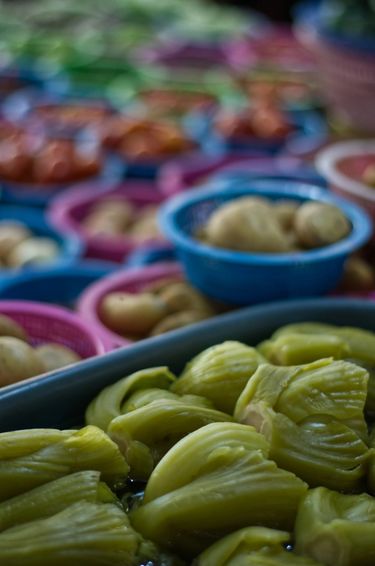
If you are looking for a more intimate experience, you could also look into booking Couple Cooking Classes. There’s nothing more romantic than competing with each other over the best dish. And then rubbing it in all night.
TIP: If you’re not sure how to find these classes, we recommend a platform (an App) called Cookly which recommends cooking classes in your location. It also provides all the details that will help you decide whether the class is a good fit. Other than Cookly, you can also use TripAdvisor and other booking platforms such as Viator and GetYourGuide.
Cooking Classes Can be Tailored
If you have any specific dietary requirements, you can let the school or instructor know in advance and they will accommodate you. For example, if you are vegan or vegetarian, you will prepare a separate dish from the rest but the experience won’t be any less positive.
You will also be able to customise your dish on the day. For example, if you’re not too hot on chilli, you can ask to add less chilli to your own dish, if you are preparing individual dishes. If you’re preparing sharing platters, you can all have a vote on how you would like a specific dish to taste.
11 Reasons why you Should Book a Cooking Class
If I haven’t convinced you already, here are 11 reasons why we think you should booking a cooking class when you travel next.
- You engage with local communities
- You learn new cooking skills
- You explore new ingredients
- You experience slow food
- You eat fresh food
- You get a crash course in food anthropology
- You learn about social food norms
- You support local communities
- You make new friends
- You experience the therapeutic benefits of cooking
- You get to cook these dishes at home
No. 1 You Engage with Local Communities
My favourite part of cooking classes is engaging with local communities. We've always been taught by a local who has been enjoying local food all their life. These instructors will also have a passion for sharing insights about their food with international visitors. They are there to explain to you why certain ingredients are chosen and how to prepare them.
TIP: When choosing your cooking school, take note as to whether the instructor is a professional cook or a home cook. Both a home cook and a certified cook would offer you a professional experience, however, the former may not speak English as well as a professional.
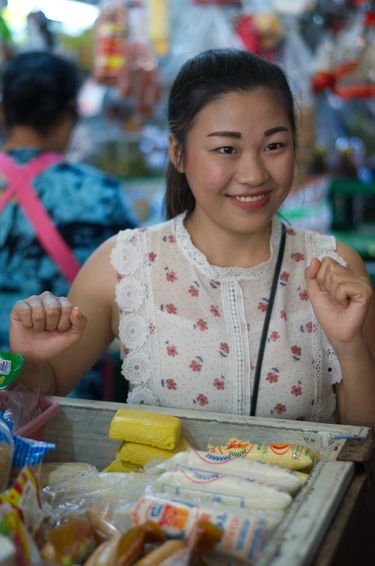
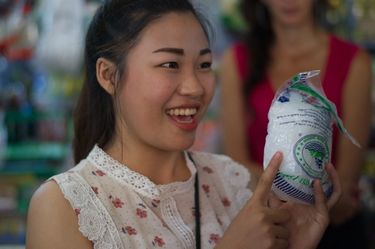
No. 2 You Learn New Cooking Skills
Depending on your level of cooking skills, these classes make take your skills up to the next level. Cooking methods and techniques vary per place. You’ll learn how to handle specific cooking utensils, like a wok if you're in Asia, or specific techniques like making fresh orecchiette pasta from Puglia, Italy.
TIP: If you want to challenge yourself, take a look to see if the cooking course menu is provided in advance of the course. If you want to try to cook something more challenging, ask the instructor if this is a possibility.
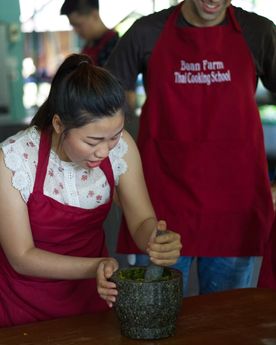
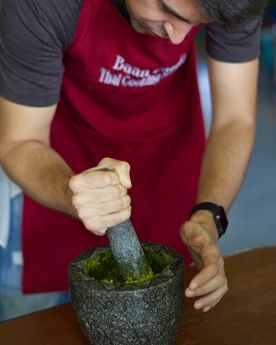
No. 3 You Explore New Ingredients
As you will most likely be dealing with dishes that are not familiar to you, you will learn how to handle ingredients you may have never set your eyes on. Some ingredients I handled for the first time include pandan (a tropical South East Asian plant) and blue pea flowers (traditionally used in desserts and drinks in South East Asia).
TIP: Take note of these local ingredients so that you don’t forget what they are. I usually snap a photo, if I can.
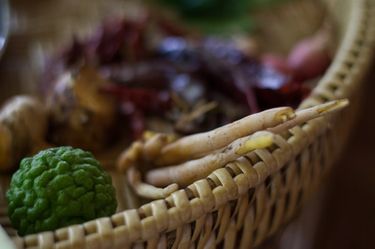
No. 4 You Experience Slow Food
Slow food involves the promotion of local food and traditional cooking. You will be using fresh, raw ingredients that have been grown by local farmers to make local dishes. As a result, you will demystify those exotic dishes you would have never dared to try to cook alone.
TIP: Ask your instructor for advice on what local produce to try at the market. Instructors typically have arrangements with farmers in order for you to sample what’s on sale. If you’re looking to buy something, make sure to ask your instructor for advice and to lend a helping hand in the translation.
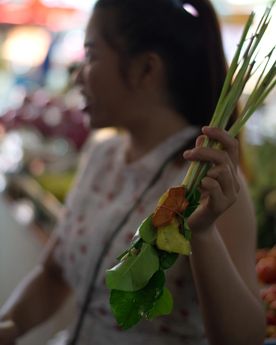
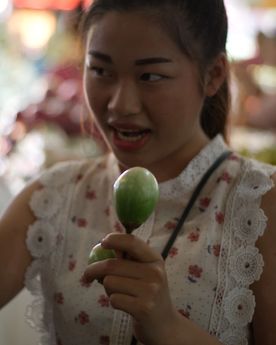
No 5. You Eat Fresh Food
This is not rocket science. If your food is coming directly from the market or better yet, the garden, it’s fresh and sustainable, as it’s not imported but local. You’ll be experiencing the real deal as the ingredients are what makes a dish. Watch as your instructor selects the best fresh produce and how s/he advises you handle them to preserve all their natural goodness and freshness. In one instance, we also had the opportunity to pick fresh vegetables from the cooking school’s garden, which was a wonderful experience.
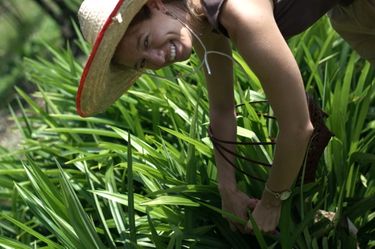
No. 6 You Get a Crash Course in Food Anthropology
Have you heard of food anthropology? As an ex-Anthropology student myself, I was always fascinated by what food can teach us about a place. The very ingredients, the way they are harvested, the way they are perceived and so on. For instance, do certain ingredients have healing powers and are they used in specific rites of passage (ceremonial matters that mark an important stage in a person’s life).
TIP: When handling ingredients, ask your instructor questions about the origins of the ingredient, the properties of the ingredients and any stories about the ingredients or dishes that can tell you more about the community.
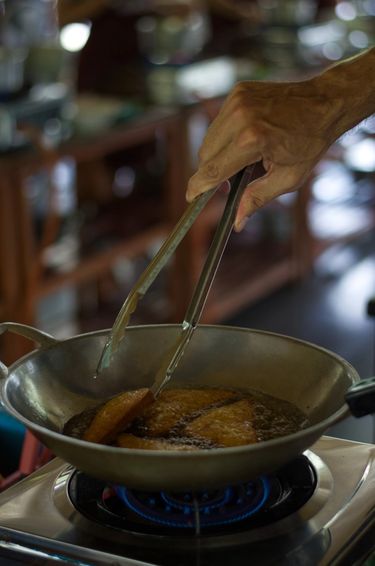
No. 7. You Learn about Social Food Norms
Have you ever noticed how different countries have different food practices? Depending on that particular culture, you will want to observe social norms and respect them. For example, if you are taking a sushi class, you will learn that there are specific ways of enjoying sushi. For example, never stick your chopsticks in your rice and leave them sticking up. This resembles incense sticks, bringing to mind spiritual prayers to one’s ancestors.
TIP: always research eating etiquette when travelling to a foreign country that you are not familiar with.
No. 8 You Support Local Communities
By shopping and eating locally, you are supporting local communities. Many countries (particularly developing countries) rely on tourists for a higher quality of life. By going local, you’re helping the community thrive, whilst getting the most authentic experience for yourself. It’s a win-win.
TIP: there is a chance that you will be asked by the instructor to give them a high rating. In Asia, it is customary that reviews provide the names of the instructors (as this is a way for them to gain recognition from their line manager).
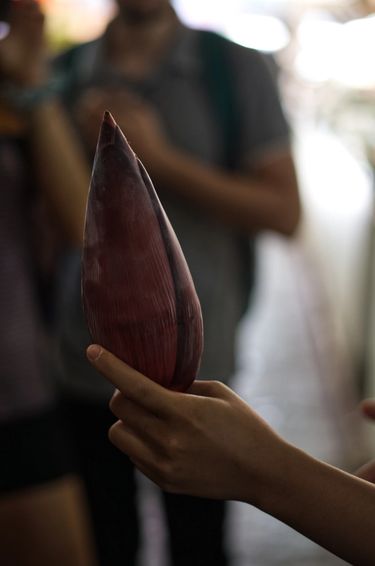
No 9. You Make New Friends
Unless you’re doing the Couple Cooking Course, you will most likely be in a group of like-minded travellers who are looking to explore food and culture.
TIP: Ask these fellow travellers for advice on where to go and what to do as they may have experienced something different to you. Don’t be shy and ask if they would like to hand out if they are in the area!
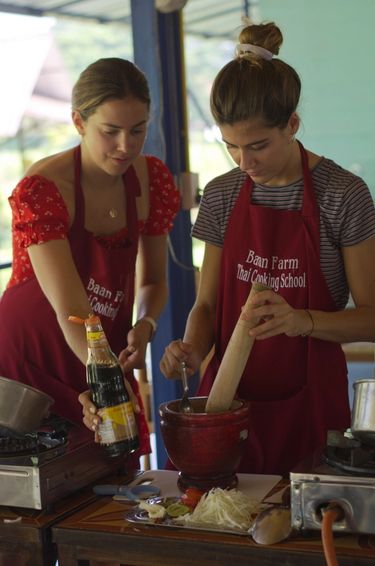
No. 10 You Experience the Therapeutic Benefits of Cooking
Did you know that cooking can be served up as therapy? If you need to relax, cooking with others is a fantastic way to release tension and focus on the immediate task. This is because cooking is an innately rewarding experience, where you feel a strong sense of accomplishment when you’ve prepared something satisfying. That confidence will surge and spread into other areas of your life. Cooking also engages several senses, making it quite immersive. Because of this sensory engagement, cooking can be a form of mindfulness.
TIP: Drop that phone (even if you’re an influencer or blogger) and just take it all in, without any distractions.
No. 11 You Get to Cook these dishes at home
What’s more wonderful than sharing what you’ve experienced on your travels. Not only do you have photos to show, but you can actually have your loved ones to experience the very dishes you tried.
Every time we cook a meal with ingredients from our travels, we relieve our cooking class experiences.
TIP: Local ingredients may not be readily available. I recommend you look out for restaurants in your area serving the cuisine you’d like to cook and ask where they source their ingredients. If you’re lucky, they might be even willing to offer you some of theirs or order it for you the next time.
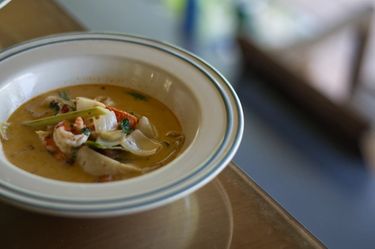
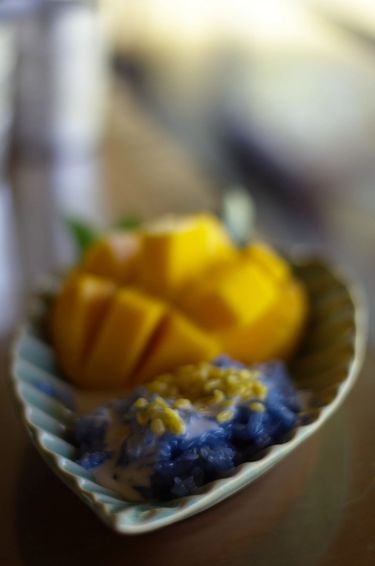
I hope you'll consider cooking classes next time you travel. But remember, your travel experience doesn’t have to end when you get home. Sign up for a local cooking class at home and keep broadening your knowledge of the food in a particular country or region.
